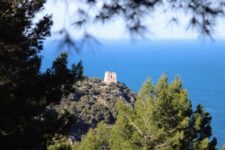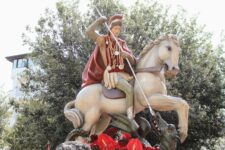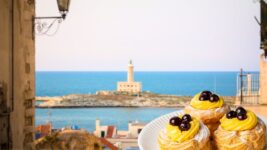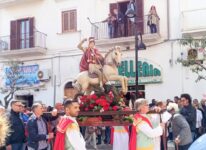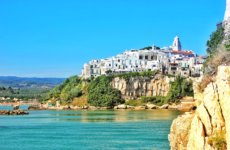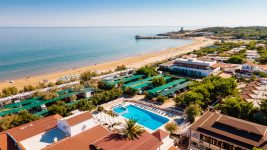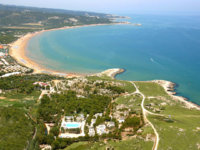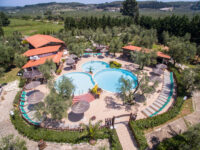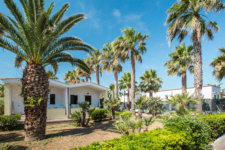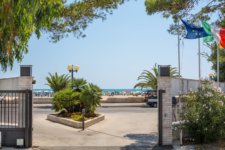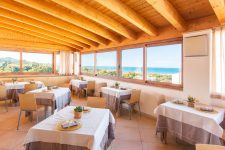In collaboration with the cultural magazine Heroic Phoenix
Puglia, with its roots dating back to antiquity, hides an intriguing link with Greek mythology.
In particular, the region was inhabited by the Japigi, a population of Illyrian lineage who, according to Greek and Latin historians and poets such as Stabo and Pliny, moved to the Italian and Apulian coasts in ancient times.
The Daunians, one of the groups derived from the Japigi, dominated northern Puglia, while the Peucezi settled between Bari and Brindisi. Daunia, with its capital Argirippa, boasted a democratic government mixed with oligarchy. However, with the Punic Wars and the Roman victory, Daunia's political autonomy vanished, and Emperor Hadrian appointed a Corrector for Apulia and Calabria.
The origin of the name "Daunia" is attributed to the mythical king Daunus, a figure venerated by ancient historians and poets. According to some traditions, Daunus could descend from Lycaon, Arcadian and brother of Japige and Peucetius. Other legends connect Daunus to Pilumnus I, king of Arpi, and to his mother Danae, daughter of Acrisius. This crowded mythological pantheon helps to illuminate the ancient origins of Daunia.
An interesting quote from pseudo-Aristotle, in De mirabilibus auscultationibus, tells of the legend of Diomedes, whose sanctuary on the island of Diomedee in the Adriatic was surrounded by guardian birds.
The island of Diomede was later identified as San Domino, one of the Tremiti Islands or Diomedee, born according to legend to the king of Argos. Diomedes, after having created the Sub-Apennines and the Gargano with enormous blocks of stone from the fortress of Pergamum, threw the remaining boulders into the sea, creating the archipelago.
History states that Diomedes was killed by Daunus, then king of Daunia.
Other passages mention a temple dedicated to Achaean Athena in Daunia, with weapons and bronze axes belonging to Diomedes' companions.
The presence of friendly dogs near this temple, welcoming to the Greeks but hostile to the barbarians, adds an enigmatic touch to the narrative.
Other legends mention a sanctuary of Artemis among the Peucetii, with a bronze collar dedicated by Diomedes. These stories, albeit with mythographic overtones, contribute to shaping the rich and mysterious panorama of ancient Daunia.
Finally, the burning of ships by Trojan women, the custom of dressing in black and the association with the cult of Cassandra in Salapia highlight the influence of Trojan mythology in Daunia. The ancient city of Lucera, associated with the temple of Achaean Athena, emerges as a key point in understanding these legends.

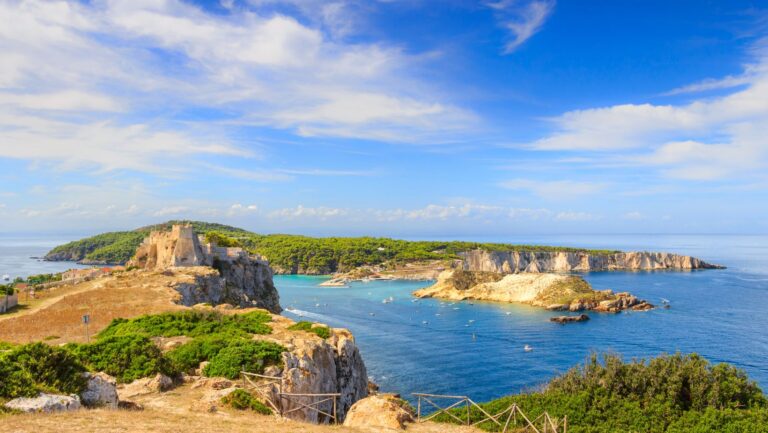
 Turismovieste.it is created by
Turismovieste.it is created by 
